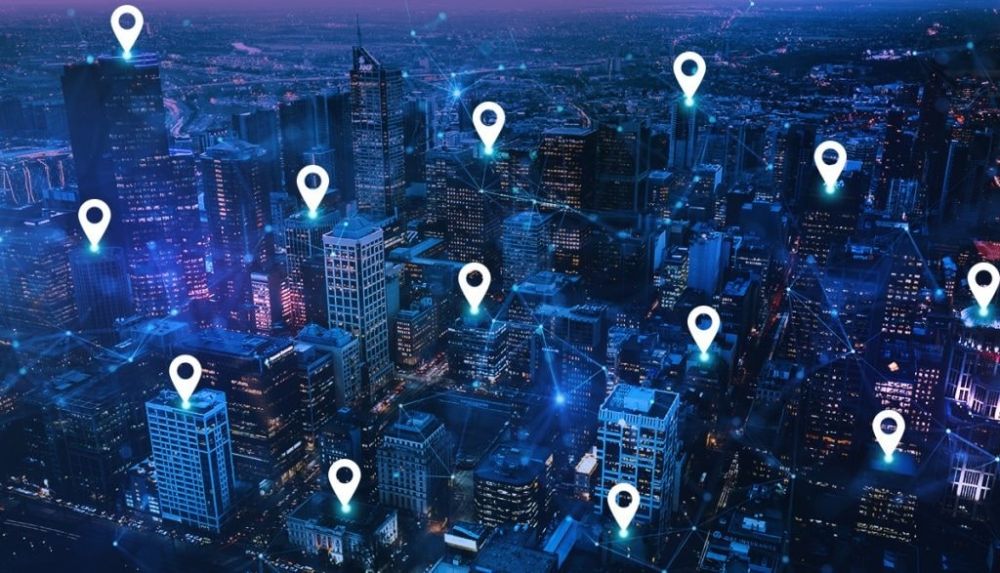|
R |
Robert Brwon (@janylin) |

In today's data-driven landscape, understanding the intricacies of where to establish or expand a business operation can significantly influence success. This comprehensive guide delves into the realm of geospatial intelligence, offering businesses a deep dive into how they can utilize advanced analytics to make informed location decisions.
Location analytics involves the process of deriving meaningful insight from geospatial data to solve complex location-based questions. By integrating geographical data into business intelligence, companies can uncover unique trends and patterns that are not visible through traditional data analysis methods.
Location analytics transforms raw data into actionable insights, helping businesses optimize their operations, enhance customer service, and increase profitability. Whether it's retail, real estate, or logistics, understanding how to strategically utilize location data can provide a significant competitive edge.
Choosing the right business location is about more than just traffic counts and demographic studies. Location analytics allows for a deeper understanding of market saturation, competitive analysis, and consumer behavior patterns, which are crucial for determining the best place to open a new branch or relocate.
By analyzing location data, businesses can identify underserved areas or demographic niches. This enables more targeted marketing strategies and personalized service offerings, driving higher customer engagement and loyalty.
For retailers, location analytics can dictate store placement strategies by identifying high-traffic areas, understanding customer demographics in different regions, and predicting market trends. This helps in maximizing foot traffic and aligning product offerings with local consumer preferences.
In real estate, investors and developers use location analytics to assess property values, forecast investment risks, and explore new development opportunities. By understanding geographic and demographic shifts, stakeholders can make better decisions about where to buy, sell, or develop properties.
For logistics companies, optimizing routes and distribution centers is crucial for reducing costs and improving service delivery. Location analytics aids in route planning by considering factors like traffic patterns, road conditions, and proximity to customers.
Advanced software solutions and platforms, such as GIS (Geographic Information Systems) and AI-driven predictive models, are at the forefront of location analytics. These tools process vast amounts of data to provide insights into customer behavior, market conditions, and potential business risks.
With the advent of big data technologies, the scope of location analytics has broadened significantly. Businesses can now process and analyze large datasets in real-time, providing up-to-date insights that are essential for making agile business decisions.
While location analytics offers numerous benefits, there are challenges that businesses need to be aware of:
Handling geospatial data requires stringent data security measures to protect consumer privacy. Businesses must ensure compliance with local and international data protection regulations.
The accuracy of location analytics depends on the quality of the data collected. Inaccurate or incomplete data can lead to faulty conclusions, potentially costing businesses time and resources.
As technology evolves, the future of location analytics looks promising. We are seeing a shift towards more integrated, AI-powered solutions that can predict consumer behaviors and market changes with unprecedented accuracy.
location analytics is transforming the way businesses make decisions about where to operate. By effectively leveraging geospatial data, companies can uncover new opportunities, optimize existing operations, and ultimately drive growth and success.